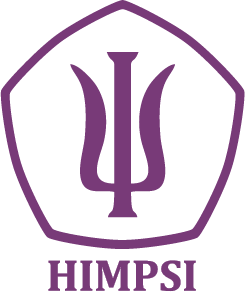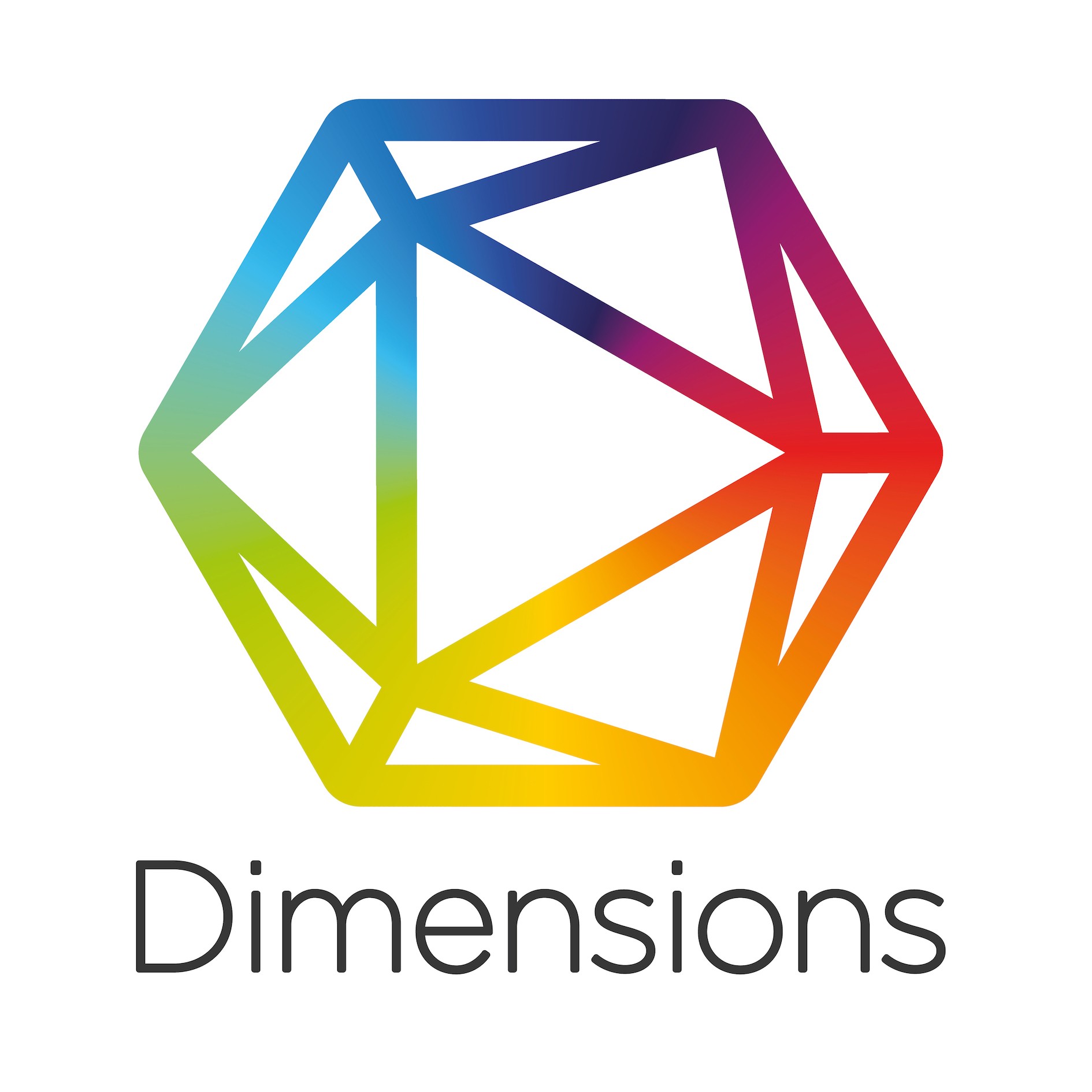HUBUNGAN ANTARA ACADEMIC SELF-EFFICACY DENGAN CAREER ADAPTABILITY PADA MAHASISWA TINGKAT AKHIR DI JAKARTA
DOI:
https://doi.org/10.25170/manasa.v13i2.6083Keywords:
academic self-efficacy, career adaptability, final year students, jakartaAbstract
One of the major problems in Indonesia is the high unemployment rate, including among undergraduates. In 2023, the undergraduate unemployment rate was approximately 958,000, or 12% of the total rate. Several factors affect an individual's ability to get a job. One of them is career adaptability, the process of achieving career goals that needs to be developed since undergoing education, especially in final-year students. However, little effort has been made to improve students' career adaptability, such as academic self-efficacy. The purpose of this study is to examine the relationship between academic self-efficacy and career adaptability in final-year students in Jakarta. A correlational quantitative method was applied to 121 final-year students in Jakarta obtained through convenience sampling techniques. The measuring tool used to measure academic self-efficacy is The Academic Self-Efficacy Scale (TASES) which has gone through a validity test with a corrected-item total correlation score in the range of .384-.602 and Cronbach's alpha reliability score of .885. Meanwhile, the measuring tool for career adaptability is the Career Adapt-Abilities Scale (CAAS) with validity test results in the range of .322-.652 and a reliability score of .905. Based on the results of the correlation test with Spearman's correlation, there was a significant positive relationship between academic self-efficacy and career adaptability in final-year students in Jakarta, with a Spearman's Rho score of .636, p-value < .01. It can be concluded that the higher the academic self-efficacy, the higher the career adaptability of final-year students. Self-confidence in academic ability helps individuals prepare for future careers.
References
Agustini, D. W. (2022). Faktor-faktor yang memengaruhi career adaptability: Personality, emotional intelegence dan work value (Suatu kajian literature review manajemen sumber daya manusia). Jurnal Ekonomi Manajemen Sistem Informasi, 3(6), 613-620. https://doi.org/10.31933/jemsi.v3i6.1100
Artino, A. R. (2012). Academic self-efficacy: From educational theory to instructional practice. Perspectives on Medical Education, 1, 76-85. https://doi.org/10.1007/s40037-012-0012-5
Avram, E., Burtaverde, V., & Zanfirescu, A. Ș. (2019). The incremental validity of career adaptability in predicting academic performance. Social Psychology of Education, 22, 867-882. https://doi.org/10.1007/s11218-019-09505-6
Badan Pusat Statistik. (2023, Mei 5). Februari 2023: Tingkat pengangguran terbuka (TPT) sebesar 5,45 persen dan rata-rata upah buruh sebesar 2,94 juta rupiah per bulan. https://www.bps.go.id/pressrelease/2023/05/05/2001/februari-2023-- tingkat-pengangguran-terbuka--tpt--sebesar-5-45-persen-dan-rata-rata-upah- buruh-sebesar-2-94-juta-rupiah-per-bulan.html.
Cohen, R. J., & Swerdlik, M. E. (2018). Psychological testing and assessment: An introduction to tests and measurement (9th Ed). McGraw-Hill Education.
Cristy, A., & Kurniawati, F. (2023). A systematic literature review on career adaptability among adolescents. Journal of Innovation in Educational and Cultural Research, 4(3), 410-420.
Darmawani, E., & Suryahadikusumah, A. R. (2021). Career adaptability as a career competency for generation Z. Prosiding Webinar Konvensyen Kaunseling Kebangsaan Kali Ke-22, 62. https://www.researchgate.net/profile/Amnah-Abd- Razak/publication/353090055_NEWE- PROSIDING_KKK22_final_1_1/links/60e719740fbf460db8f23c7c/NEWE- PROSIDING-KKK22-final-1-1.pdf#page=69
Darmayanti, K. K. H., Anggraini, E., Winata, E. Y., & Mardianto, M. F. F. (2021).
Confirmatory factor analysis of the academic self-efficacy scale: An Indonesian version. Jurnal Pengukuran Psikologi Dan Pendidikan Indonesia (JP3I), 10(2), 118-132. http://dx.doi.org/10.15408/jp3i.v10i2.19777
Fujiati, L. (2016). Hubungan antara academic self-efficacy dengan resiliensi pada mahasiswa bidikmisi FIP UNNES angkatan tahun 2010-2011. (Undergraduate Thesis). http://lib.unnes.ac.id/28703/1/1511412112.pdf
Gore, P. A. (2006). Academic self-efficacy as a predictor of college outcomes: Two incremental validity studies. Journal of Career Assessment, 14(1), 92–115. https://doi.org/10.1177/1069072705281367
Hartono, R. M., & Gunawan, W. (2017). Hubungan job search self-efficacy dengan career adaptability. Jurnal Ilmiah Psikologi Mind Set, 8(2), 78-90.
Infonews.id. (2023, Agustus 26). Kiat kampus cegah lulusan sarjana nganggur. https://infonews.id baca-5558-kiat-kampus-cegah-lulusan-sarjana-nganggur
Koen, J., Klehe, U. C., & Van Vianen, A. E. (2012). Training career adaptability to facilitate a successful school-to-work transition. Journal of Vocational Behavior, 81(3), 395-408.
Kompas.com. (2022, November 9). 4 alasan kenapa lulusan sarjana banyak yang menganggur. https://edukasi.kompas.com/read/2022/11/09/184800171/4-alasan- kenapa-lulusan-sarjana-banyak-yang-menganggur?page=all
Kompas.com. (2022, Maret 23). Mengapa banyak sarjana menganggur dan sulit mencari kerja. https://money.kompas.com/read/2022/03/23/182849126/mengapa-banyak- sarjana-menganggur-dan-sulit-mencari-kerja?page=all
Kusdaryanti, Y. (2016). Hubungan antara Academic Self Efficacy (ASE) dengan Kematangan Karier pada Mahasiswa Psikologi UKSW (Doctoral dissertation). https://repository.uksw.edu//handle/123456789/10074
Nunnally, J. C., & Bernstein, I. H. (1994). Psychometric theory (3rd Ed). Mc Graw Hill, Inc.
Pango, W. M., & Wibowo, D. H. (2020). Relationship of academic self effication with career adaptability in asrama school students. Jurnal Ilmiah Bimbingan Konseling Undiksha, 11(2). https://doi.org/10.23887/jjbk.v11i2.30067
PDDikti Kemendikbud. (2020). Statistik Pendidikan Tinggi 2020. https://pddikti.kemdikbud.go.id/asset/data/publikasi/Statistik%20Pendidikan%2 0Tinggi%202020.pdf
Purnama, M. I. (2022). Efikasi diri sebagai prediktor adaptabilitas karier mahasiswa tingkat akhir di Kota Makassar. [Doctoral Dissertation, Universitas Bosowa]. DSpace Repository. https://repository.unibos.ac.id/xmlui/bitstream/handle/123456789/2724/2022%2 0Muh%20Ibing%20Purnama%204518091002.pdf?sequence=1&isAllowed=y
Purnama, M. I. (2022). Efikasi diri sebagai prediktor adaptabilitas karier mahasiswa tingkat akhir di Kota Makassar. [Doctoral Dissertation, Universitas Bosowa]. DSpace Repository. https://repository.unibos.ac.id/xmlui/bitstream/handle/123456789/2724/2022%2 0Muh%20Ibing%20Purnama%204518 091002.pdf?sequence=1&isAllowed=y
Ricoida, D. I., & Pibriana, D. (2016). Pengaruh penggunaan internet terhadap minat dan perilaku belajar mahasiswa. Seminar Nasional Sistem Informasi Indonesia.
Rositawati, I., & Kurniawan, R. R. (2022). Peningkatan jumlah pengangguran di masa pandemi. OSF Preprints. https://doi.org/10.31219/osf.io/wbv4e
Sa’diyah, E. K. (2019). Career adaptability pada mahasiswa Universitas Negeri Semarang. (Under Graduates Thesis). https://lib.unnes.ac.id/33613/
Sagone, E., & De Caroli, M. E. (2014). Locus of control and academic self-efficacy in university students: the effects of Self-concepts. Procedia-Social and behavioral sciences, 114, 222-228. https://doi.org/10.1016/j.sbspro.2013.12.689
Sagone, E., & Indiana, M. L. (2023). The roles of academic self-efficacy and intolerance of uncertainty on decisional procrastination in university students during the COVID-19 pandemic. Education Sciences, 13(5), 476.
Salim, R. M. A., Istiasih, M. R., Rumalutur, N. A., & Situmorang, D. D. B. (2023). The role of career decision self-efficacy as a mediator of peer support on students’ career adaptability. Heliyon, 9(4).
Savickas, M. L. (2006). Career construction theory. In Greenhaus, J. H., & Callanan, G.
Savickas, M. L., & Porfeli, E. J. (2012). Career adapt-abilities scale: Construction, reliability, and measurement equivalence across 13 countries. Journal of vocational behavior, 80(3), 661-673.
Sulistiani, W., & Handoyo, S. (2018). Career adaptability: The influence of readiness and adaptation success in the education context: A literature review. Advances in Social Science, Education and Humanities Research, 133(1), 195-205. https://doi.org/10.2991/acpch-17.2018.32
Tambaru, A. T. (2021). Perbandingan social support dan hope sebagai prediktor terhadap adaptabilitas karier siswa SMA dan SMK. (Doctoral Dissertation). https://repository.unibos.ac.id/xmlui/handle/123456789/1102
Vanessa, W. (2022). Kontribusi hardiness terhadap adaptabilitas karier pada mahasiswa tingkat akhir di Kota Makassar. (Doctoral Dissertation). https://repository.unibos.ac.id/xmlui/bitstream/handle/123456789/2817/2022%2 0Wiwin%20Vanessa%204517091026%202.pdf?sequence=1&isAllowed=y
Wei, Y., Shi, Y., MacLeod, J., & Yang, H. H. (2022). Exploring the factors that influence college students’ academic self-efficacy in blended learning: A study from the personal, interpersonal, and environmental perspectives. SAGE
Yudha, C. B. (2018). Peningkatan self efficacy belajar mahasiswa menggunakan model pembelajaran berbasis masalah. Visipena, 9(1), 10-19https://doi.org/10.46244/visipena.v9i1.421
Zajacova, A., Lynch, S. M., & Espenshade, T. J. (2005). Self-efficacy, stress, and academic success in college. Research in higher education, 46, 677-706. https://doi.org/10.1007/s11162-004-4139-z
Downloads
Published
Issue
Section
License
Copyright (c) 2025 MANASA

This work is licensed under a Creative Commons Attribution-NonCommercial-ShareAlike 4.0 International License.









.png)
.png)

